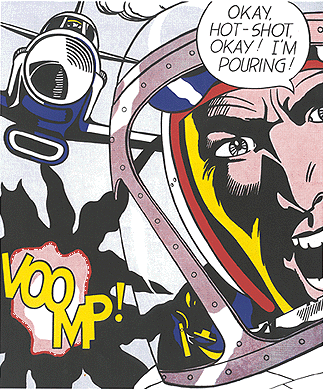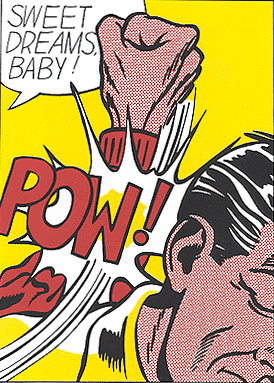


I really liked the English translation of Invisible Cities, of which I will assume there is only one. I was enjoying the images and concepts raised so much that I began to wonder if this translation could be as or even more rewarding than the original Italian. Mama mia! Perhaps not. But what if an author was accidentally born into the wrong language? In that case, a good translation into the correct language might actually be better than the original, which, through no fault of its own, was written in the wrong language. "These are the forms the city could have taken if, for one reason or another, it had not become what we see today." Catcher in the Rice Field and The Adventures of Tom Soy will sell.
Gabriel-Garcia Marquez
I read Chronicle of a Death Foretold In English after it had been written. It was long ago, and I remember very little except the image of Santiago Nasar all dressed up in white and the two brothers lying in wait for almost an entire book and my helplessness to prevent it. I’m sure it was a great read, but I can see the original being even better. Quesadilas!
Jorges Luis Borges
This one is going to be complicated. And delicate. I am going to move to Buenos Aires for one year. I will try to find work. Here and there, doing this or that. I will talk to some of the people. I will return in one year. And complete this paragraph.
Marcel Proust
I had to stop reading Swann’s Way because the language did not engage me, and things were taking too long to develop. I mean, ten pages into it, and still not even a mention of any swans. I’m sure the French version has all of our swans in it. Bastards. And this is notwithstanding my chronic pain of searching for things lost, which I gather is one of Proust’s issues. I really should have liked this book.

The Chuang Tzu
There are many translations, and a certain kind of person is always arguing about which one is the best. I’ve tried talking to him but—he doesn’t understand it’s a silly thing to argue about. Clearly the one I’ve read is the best. I imagine Burton Watson must know a lot of Chinese. Because if not he’s the greatest ancient Chinese philosopher ever to emerge from the upper west side. I have a hunch the original might be a better read, at least in some of the slower parts, where any translator would have gone on autopilot. This example doesn’t support or weaken the present hypothesis, but it does illustrate the problem. In any case, I think someone who was raised speaking both languages with equal plums should get to work on this immediately. Get us our version that’s better than the damn Chinese for crying out loud.
Monty Python
Is it funnier to (intelligent) Americans than it is to Brits? I wonder if the cultural and language differences, including accents (smart people love to hear their language spoken with different accents), don’t greatly enhance the enjoyment on this side of the pond. These differences simulate the process of translation. Words like 'wainscotting’ and phrases like, 'it’s a fair cop' and 'you’re nicked’ are inherently delightful to the interested American viewer—while to British they are right common. Conversely, the average Limey might like a good Saturday Night Live episode, an old one, more than his American counterpart. Would the otherness be seen as added value or value added? "We are two wild and crazy blokes!"
Conversation On Two Levels
Sharpie Monochrome, Ido Period

Lenny Bruce
If Monty Python is a translation of sorts, Lenny Bruce is a translation in time. He tells stories and makes references to historical figures, only it’s from someone else’s history. But this works to advantage in that by letting go of the specifics, or in this case, never knowing them, one is better able to achieve ambiguity, which, like presidential testimony, will provide the imaginative audience with an even richer experience. For example, when John Stewart makes fun of an hollywood personality, one’s appreciation of the humor is inadvertently blunted by the simultaneous awareness of the details and pathetic nature of the real story.1 But what happens when the reference is about a less familiar figure, say, Princess Di’s second cousin, Brianna? Without the distraction of detail, one can enjoy the pure form of the joke, perhaps even erroneously projecting greatness onto it, which is fine so long as other critics are making the same mistake. People often complain about humor being too topical and dating itself. Poppycock! If ever it was great humor, it will always be great humor. It’s even funnier now than it was before precisely because one doesn’t know all the references. A good sense of humor doesn’t have to know.
"But to wear out your brain trying to make things into one without realizing that they are all the same-this is called 'three in the morning’.What do I mean by 'three in the morning’? When the monkey trainer was handing out acorns, he said, 'You get three in the morning and four at night,’ This made all the monkeys furious. 'Well, then,’ he said, 'you get four in the morning and three at night.’ The monkeys were all delighted."
1 This not being great humor, it will be necessary to explain that John Stewart was a popular comedian in the nineties.
Talk More?